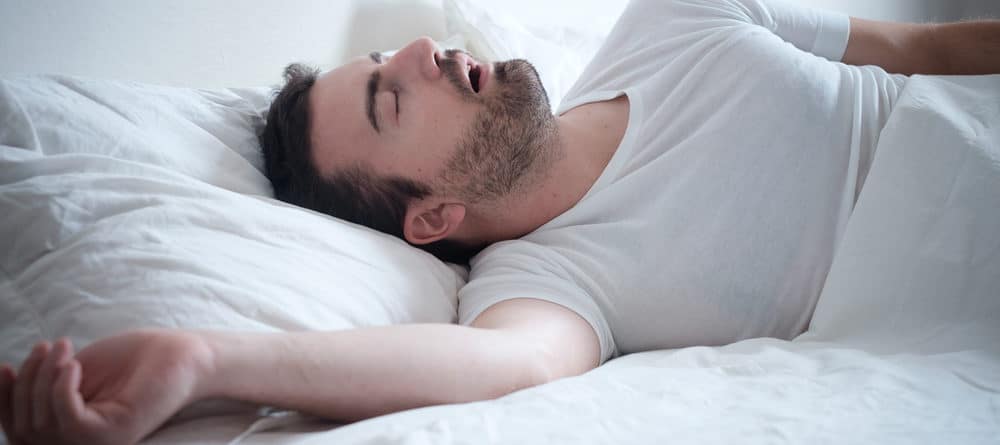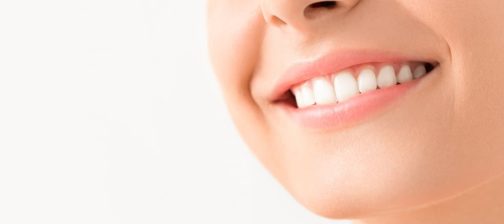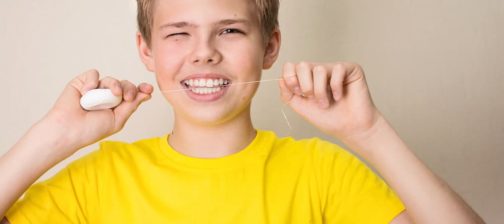Do you find that each morning you wake up still feeling tired, and experience poor performance in your everyday activities? Well, your sleeping patterns could be the culprit. If you have a tendency to snore, you could be suffering from sleep apnea. This is a common yet serious sleep disorder that disrupts the natural ability to breathe properly while sleeping. This can force a person to stop breathing repeatedly – sometimes hundreds of times – during the course of the night.
This condition can rob you of your ability to get a good night’s sleep and contribute to fatigue, headaches, and worsening focus and concentration. Sleep apnea can also result in health problems such as depression, high blood pressure, diabetes, heart issues, and stroke.
If you suspect that you’re suffering from sleep apnea, or have a loved one who is, we can help! Read on to learn more about what causes this disorder and how it can be treated.
What is Sleep Apnea?
Many people have heard about this sleep disorder, but not many understand exactly what it is or how it can impact sleep. Snoring is often the first sign of this condition. During sleep, soft tissues at the back of the throat collapse and obstruct the airway, resulting in a paused or shallow breathing. Your body is not able to get the oxygen it needs, even if only for a few seconds. When this happens, the brain sends a jolt to the body so it can get oxygen again. These jolts can happen infrequently, every few minutes, or even every few seconds throughout the night. This form of sleep apnea, known as obstructive sleep apnea (OSA), is by far the most prevalent form of the condition which affects almost 1 in 4 people. Central sleep apnea (CSA) is caused when the brain fails to send the correct signals for the respiratory system to breathe during sleep.Common Triggers of Sleep Apnea
Although this sleep disorder can affect just about anyone or age, these are the most common risk factors:- Overweight
- Over 40
- Male
- Large tonsils, tongue, or large neck
- Family history of sleep apnea
- Nasal obstruction



